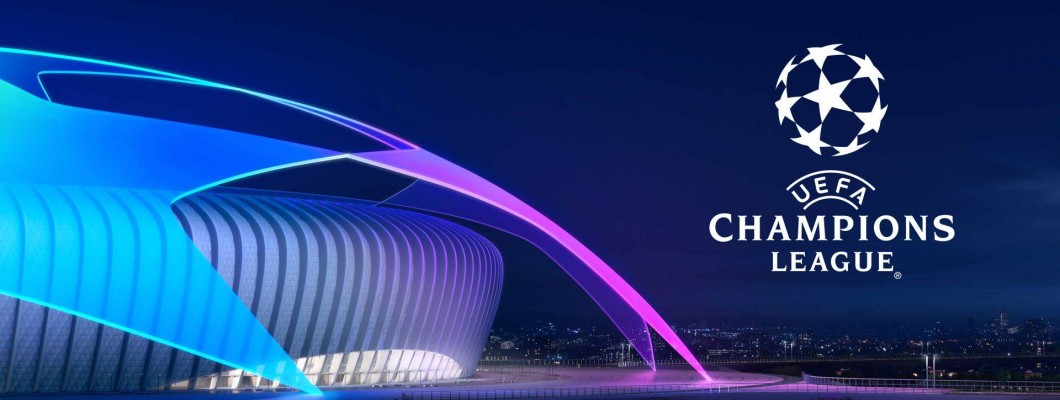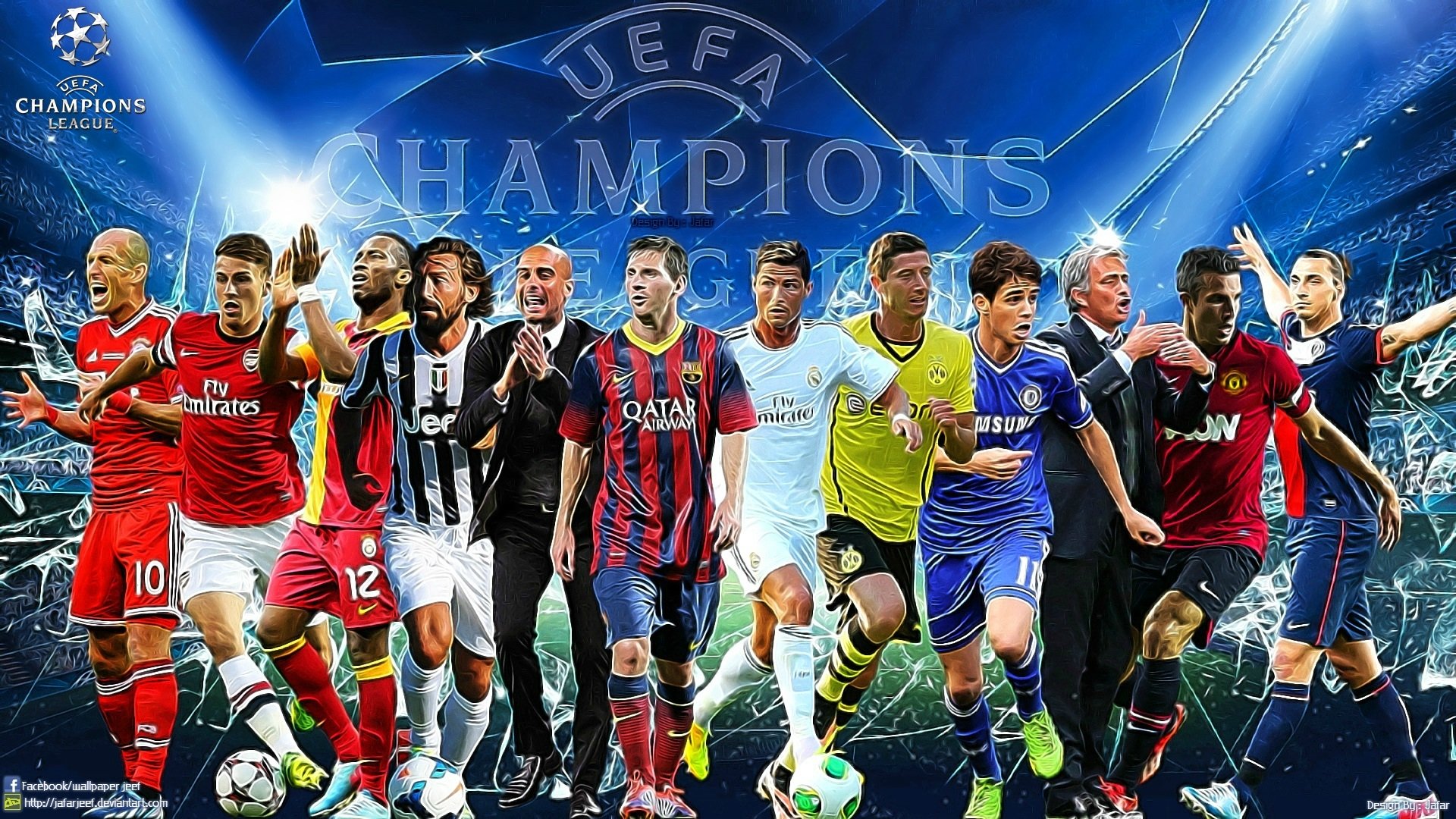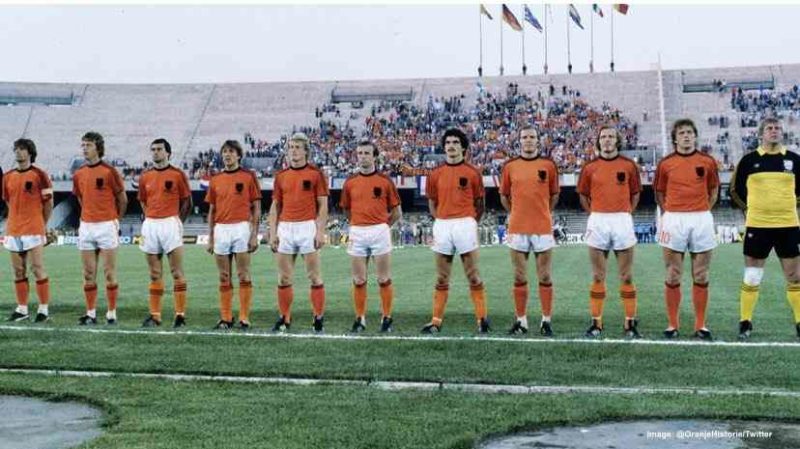
The UEFA European Football Championship, commonly known as the UEFA European Championship and informally as the Euros, is the primary association football competition contested by the senior men's national teams of the members of the Union of European Football Associations (UEFA), determining the continental champion of Europe. The competition has been held every four years since 1960, except for 2020, when it was postponed due to the ongoing COVID-19 pandemic in Europe. Scheduled to be in the even-numbered year between World Cup tournaments, it was originally called the European Nations' Cup, changing to the current name in 1968. Starting with the 1996 tournament, specific championships are often referred to in the form "UEFA Euro [year]"; this format has since been retroactively applied to earlier tournaments.
Prior to entering the tournament, all teams other than the host nations (which qualify automatically) compete in a qualifying process. Until 2016 the championship winners could compete in the following FIFA Confederations Cup, but were not obliged to do so.
The 15 European Championship tournaments have been won by ten national teams: Germany and Spain each have won three titles, France has two titles, and the Soviet Union, Italy, Czechoslovakia, Netherlands, Denmark, Greece and Portugal have won one title each. To date, Spain is the only team in history to have won consecutive titles, doing so in 2008 and 2012. It is the second most watched football tournament in the world after the FIFA World Cup. The Euro 2012 final was watched by a global audience of around 300 million.
The most recent championship, hosted by France in 2016, was won by Portugal, who beat France 1–0 in the final at the Stade de France in Saint-Denis after extra time. The final also averaged 284 million viewers which is the second most viewed game in European tournament history.

At the start of UEFA
The idea for a pan-European football tournament was first proposed by the French Football Federation's secretary-general Henri Delaunay in 1927, but it was not until 1958 that the tournament was started, three years after Delaunay's death.[5] In honour of Delaunay, the trophy awarded to the champions is named after him.[6] The 1960 tournament, held in France, had four teams competing in the finals out of 17 that entered the competition.[7] It was won by the Soviet Union, beating Yugoslavia 2–1 in a tense final in Paris. Spain withdrew from its quarter-final match against the Soviet Union because of two political protests.[9] Of the 17 teams that entered the qualifying tournament, notable absentees were England, the Netherlands, West Germany and Italy.[10]
Spain held the next tournament in 1964, which saw an increase in entries to the qualification tournament, with 29 entering; West Germany was a notable absentee once again and Greece withdrew after being drawn against Albania, with whom they were still at war. The hosts beat the title holders, the Soviet Union, 2–1 at the Santiago Bernabéu Stadium in Madrid.[
The tournament format stayed the same for the 1968 tournament, hosted and won by Italy.[14][15] For the first and only time a match was decided on a coin toss (the semi-final Italy vs. Soviet Union) and the final went to a replay, after the match against Yugoslavia finished 1–1.[ Italy won the replay 2–0.[18] More teams entered this tournament (31), a testament to its burgeoning popularity.
Belgium hosted the 1972 tournament, which West Germany won, beating the Soviet Union 3–0 in the final, with goals coming from Gerd Müller (twice) and Herbert Wimmer at the Heysel Stadium in Brussels.[20] This tournament would provide a taste of things to come, as the German side contained many of the key members of the 1974 FIFA World Cup Champions.
The 1976 tournament in Yugoslavia was the last in which only four teams took part in the final tournament, and the last in which the hosts had to qualify. Czechoslovakia beat West Germany in the newly introduced penalty shootout. After seven successful conversions, Uli Hoeneß missed, leaving Czechoslovakian Antonín Panenka with the opportunity to score and win the tournament. An "audacious" chipped shot,[23] described by UEFA as "perhaps the most famous spot kick of all time" secured the victory as Czechoslovakia won 5–3 on penalties.

This artical exist on the site thanks to https://wikipedia.org

Leave a Comment